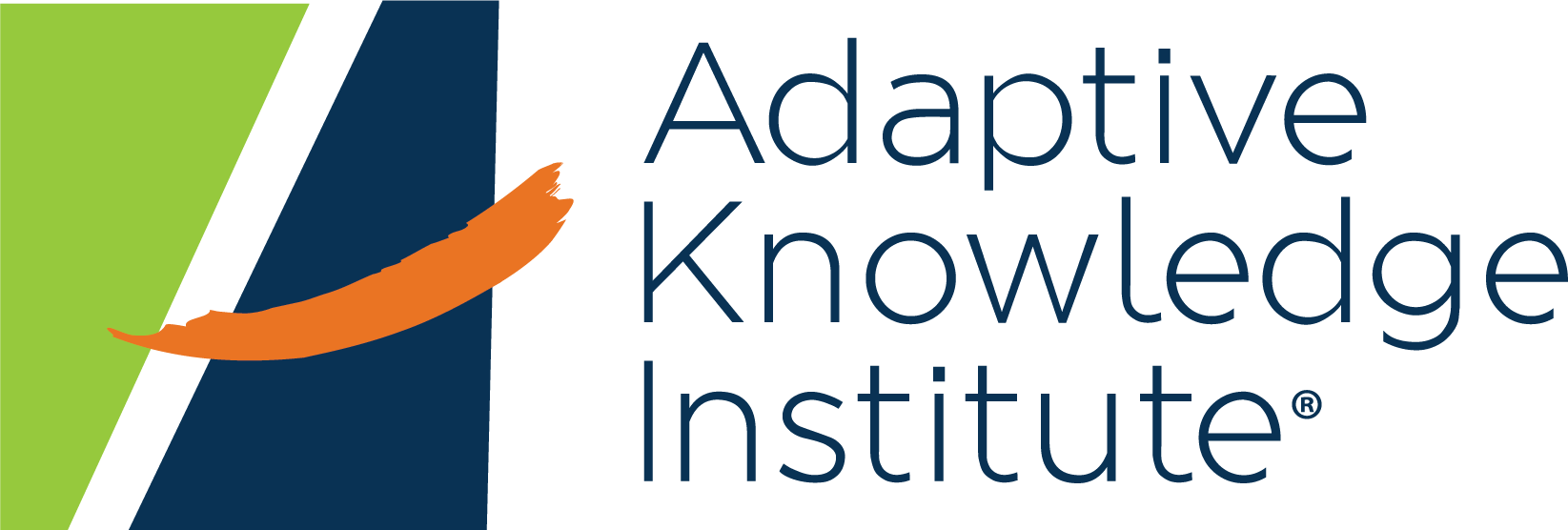Making Better Decisions for 2020
Asking my clients what their resolutions for the new year (and decade) are, there was one dominate theme: making better decisions. It got me thinking: how do we make our decisions in the first place? Are better decisions made through objective data or through subjective data and intuition, or both?
Objective data in decision-making is important. How that data is interpreted by the brain can influence decision-making. For example, if you asked a trusted teammate for data, your perceptions and bias may lead you not to question the data or recommendations offered, right? If you received data from a not-so-trusted source, your perceptions and bias may make you overly critical of the data or recommendations resulting in its dismissiveness, to your organization’s detriment.
Add another layer: what your senses are telling you? Can you distinguish what your senses are telling you in the analysis of this situation?
Many leaders correctly question whether they should trust their intuition. Intuition, that unconscious processing of all the incoming information and data, is linked to sensations. Importantly, honing your intuition by getting in touch with your primary senses leads to better decision-making.
I’m reminded about a story my 90-year old father tells about when he worked as a foreman in a construction business decades ago. His guys were digging a hole before there were OSHA rules about supporting the hole with steel plates and bracing. The boss walked up to the deep hole and was watching the guys dig in a hole well over their heads, when suddenly the boss urgently yelled at everyone to “get out of the hole…now!”. As the last guy scrambled out of the hole, the hole collapsed with such force that it would have crushed and killed the workers. Later, the guys asked the boss how he knew the hole was going to collapse. He replied that he saw how the dirt was holding and based on what he was seeing and his experience, something told him the hole was going to collapse. Clearly, the boss used sensations (observations, analysis and vision) to fuel his intuition into making a quick, life-saving and correct decision. Had he waited to do a soil-compaction test; the guys would have been in the hole when it collapsed.
The brain filters sensory data with inferences, interpretations and bias based upon experiences. With the brain selectively interpreting sensory data, confusion arises between what we perceive, think and feel. Confusion often leads to a lack of confidence in one’s intuition, and accordingly, in the ability to make good, sound decisions.
Professor Valerie Gauthier at HEC Paris in her 2015 Coursera course “Leading With Senses,” posits that the senses collect data, the brain assimilates the data, and based on the brain assimilation, can either present a clear or clouded vision and connection to the outside world. Further, she suggests, by developing “conscious awareness” leaders can become better decision makers.
In my facilitative coaching with executives and business owners, I can attest to the impact of conscious awareness on better strategic thinking and decision-making skills. Conscious awareness can be achieved by being open, receptive, in-the-moment, and non-judgmental. The brain will then absorb sensory data with less filters, allowing assimilation with one’s experiences and appreciation of the environment, thus creating more true-to-reality sensations for intuition resulting in effective action. This is the intuition leaders can trust.

